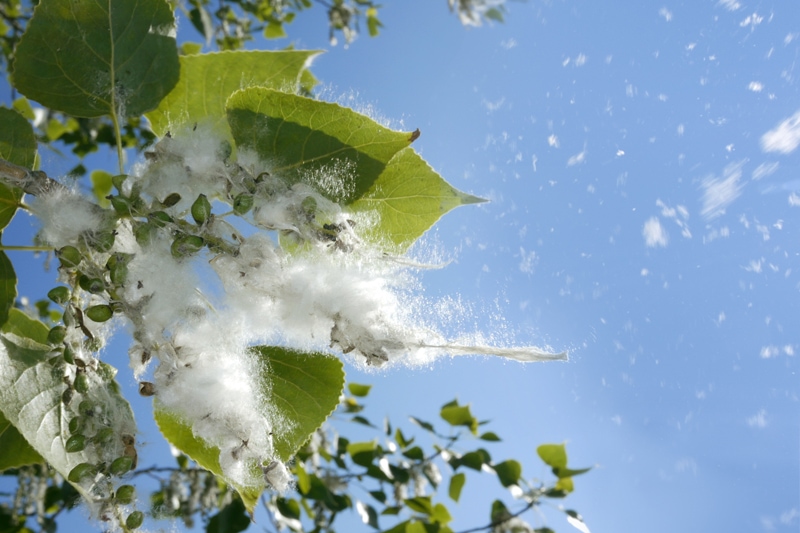What Does Indoor Air Quality Have to Do With Allergies?

Did you know the average American spends nearly 90 percent of life indoors? That’s why it is increasingly important to ensure indoor air quality (IAQ) is clean and healthy.
If your Tuscaloosa home is facing air-quality issues, you may be suffering anything from minor discomfort to significant allergy or health problems. Our team at Banks Quarles wants to help keep your home’s indoor air quality high and you and your family healthy and comfortable.
Understand the Scope of the Allergy Issue
According to the American Academy of Allergy, Asthma, and Immunology (AAAAI), roughly 10 to 30 percent of people suffer from allergies.
Although some common allergens originate outdoors, such as grass and tree pollen, they can still make their way into your home. Dust and dust mites are present in every Alabama home, causing an allergic reaction for many.
Common pets such as cats and dogs shed hair and dander, which affects air quality. Other indoor allergens may include mold, fungus, and chemicals released from paints and carpets.
Individuals react to allergens differently. Some just suffer from minor sneezing and itchy eyes. Others may have significant respiratory problems that can interfere with daily life.
Remedies from over-the-counter medications to allergy shots can be used to battle this common ailment. However, most health care professionals will encourage avoiding allergens in the first place as the best line of defense.
Improve Air Quality With an Air Conditioner
Most heating, ventilation, and air conditioning (HVAC) systems have built-in air filters designed to address basic indoor air quality issues. Standard filters can trap large particles, and with regular filter changes, this can improve your indoor air quality.
Homeowners who suffer from allergies may want to invest in a high-efficiency particulate air (HEPA) filter, which can trap very small particles, helping to clean the air further. Pet dander, dust, and small fibers from paper and clothing can be filtered out easily.
Air conditioners also dehumidify the indoor air, which discourages the growth of other allergens such as mold and fungus.
Consider Installing Air Purifiers
Many different kinds of air purification systems are available on the market today. Each has a different strength and purpose.
For instance, if you are concerned about bacteria and viruses, you may want to consider an ultraviolet (UV) air cleaner. These were originally used in hospitals and can also kill mold and pathogens. Smoke and odors, on the other hand, are best removed with activated carbon filters.
HEPA air purifiers work similarly to HEPA air filters used on HVAC systems. They work to filter dander, pollen, mold spores, and dust.
Another popular air cleaner is the ionic air purifier. These force allergens such as dust to become heavier by attaching negative ions to them. Allergens then accumulate on carpets and surfaces to be cleaned up.
Some more advanced systems may include a static electricity, HEPA filter and ionic purifier in a single unit that works with your HVAC system.
Clean Air Ducts to Remove Allergens
Air ducts carry your heated or cooled air throughout your home from your central HVAC system. Often, common allergens such as dust, dirt, dander, and other debris can build up in your duct system. Over time, these allergens may be transported to the living areas of your home.
Many HVAC companies offer air duct cleaning services that use high-powered vacuum systems to clean out these allergens from your air ducts. You may want to research this option as a possible action item to improve the indoor air quality of your home.
Contact Us Today About Your Indoor Air Quality
Our professionals at Banks Quarles in Tuscaloosa, AL, can help you find ways to reduce allergens in your home through different indoor air quality solutions. Call us at (205) 850-5182 or request service online to speak to one of our knowledgeable team members today.
